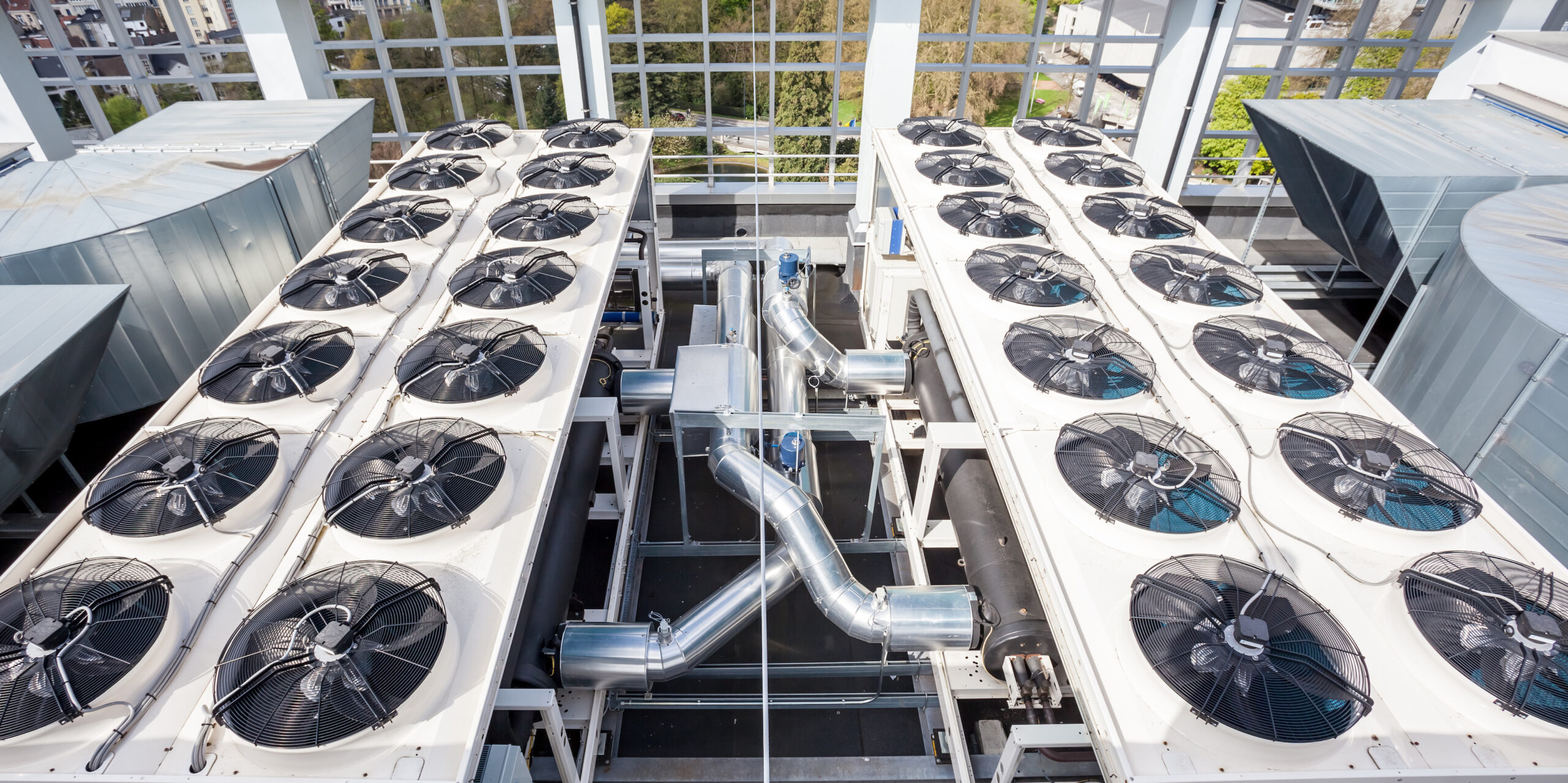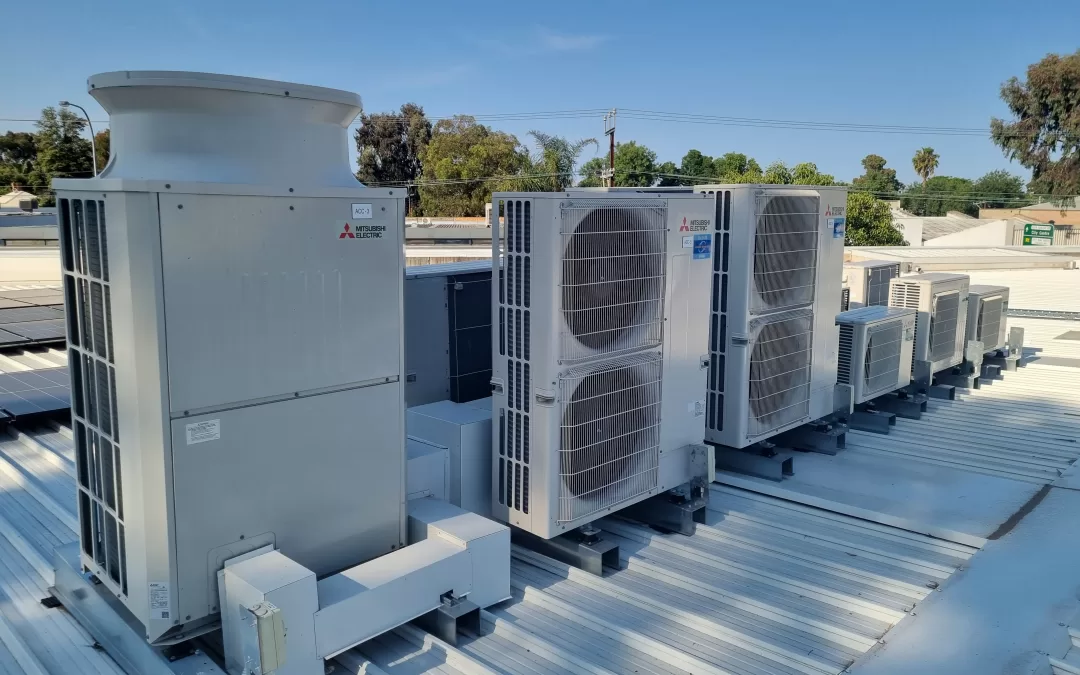Professional Furnace Repair Experts For Your Home Heating And Cooling Needs
Professional Furnace Repair Experts For Your Home Heating And Cooling Needs
Blog Article
Your Overview to Picking the Right HVAC System for Your Needs
Choosing an appropriate heating and cooling system is an essential choice that can considerably affect convenience and power performance in your house. Numerous variables must be weighed, including the dimension of your home, local climate problems, and specific heating or cooling down demands. In addition, recognizing the different types of systems offered and their energy ratings can help guide your choice. By evaluating these elements carefully, you can prevent typical mistakes. What essential considerations should you prioritize to guarantee your financial investment fulfills both long-term and instant demands?
Recognizing HVAC System Kind
When choosing a heating and cooling system, it is necessary to understand the numerous types readily available to satisfy your specific demands. The key categories of heating and cooling systems consist of air conditioning systems, ductless mini-split systems, heatpump, and furnace systems.
Air conditioning systems are developed to cool down numerous rooms utilizing ductwork to distribute conditioned air. They are excellent for larger homes calling for constant temperature level control. Ductless mini-split systems, on the other hand, offer flexibility and effectiveness, as they permit zoning abilities, enabling private area temperature guideline without the need for ductwork.
Warm pumps run by transferring warm instead of generating it, making them an energy-efficient choice for both heating & cooling. They are specifically effective in moderate environments. On the other hand, heater systems utilize combustion to generate warmth, utilizing either gas, oil, or power. They are preferred in cooler areas where heating demands are significant.
Each system has distinct advantages and considerations, including installation requirements, maintenance, and general expenses. Comprehending these types will help homeowners make informed decisions based upon their specific needs, climate, and spending plan restraints, inevitably making sure ideal comfort and performance.
Assessing Energy Effectiveness
Power effectiveness is a critical aspect in the selection of a Cooling and heating system, as it directly influences both utility prices and environmental sustainability. The Seasonal Power Efficiency Ratio (SEER) and the Home Heating Seasonal Performance Aspect (HSPF) are vital signs for air conditioning systems, representing their efficiency over a normal air conditioning and heating period, specifically.
Additionally, seek systems that have gained the power STAR tag. This certification represents that the tools meets stringent power performance guidelines set by the united state Environmental Protection Company. Take into consideration the system's variable-speed technology, which enables for a lot more reliable operation by adjusting the outcome to match need, better enhancing energy cost savings.
In addition, proper insulation and duct sealing can substantially affect the system's total efficiency. In summary, selecting an energy-efficient heating and cooling system not just decreases your power costs yet additionally contributes to a more sustainable environment, making it a vital factor to consider in your investing in procedure.
Assessing System Dimension
Picking the ideal dimension for a HVAC system is essential to guaranteeing ideal performance and efficiency. An undersized system may struggle to maintain wanted temperature levels, resulting in increased wear and tear, greater power usage, and reduced comfort. On the other hand, an oversized system can lead to rapid biking, which not just triggers ineffectiveness but also influences moisture control and air high quality.
To evaluate the optimal sizing, it is vital to carry out a load estimation, which takes into consideration aspects such as the square video footage of the space, insulation degrees, window sizes, and neighborhood climate conditions - furnace installation. This estimation assists identify the British Thermal Devices (BTU) needed for heating & cooling. Furthermore, it is vital to make up certain needs, such as the variety of residents and the visibility of heat-generating home appliances

Setup Expenses and Budget Plan
A detailed understanding of setup expenses is crucial for businesses and homeowners considering a new HVAC system. The total expenditure of installment can differ commonly based on a number of elements, including the sort of system, the intricacy of installment, and the place of the residential property. On standard, setup costs can vary from $3,000 to $10,000, relying on the system's dimension and efficiency.
When budgeting for a heating and cooling system, it is essential to consider not just the preliminary setup costs yet likewise any added expenditures that may occur, such as ductwork modifications, electric upgrades, or licenses. Additionally, it is suggested to acquire multiple quotes from licensed HVAC service providers to make sure competitive prices.
Property owners should likewise factor in the possible the original source long-lasting financial savings connected with energy-efficient systems. While the upfront expenses may be greater, energy-efficient designs can lead to considerable savings on energy expenses in time.

Upkeep and Long Life Factors To Consider

Correct upkeep includes routine assessments, filter substitutes, and cleansing of coils and ducts (air duct cleaning coquitlam). Neglecting these tasks can result in lowered efficiency, enhanced energy expenses, and early system failing. Homeowners ought to likewise think about the schedule of solution agreements, which usually provide scheduled maintenance and priority service, guaranteeing that the system stays in peak condition
Durability varies by system type; for example, well-kept central air conditioning units can last 15 to two decades, while heatpump may have a lifespan of 10 to 15 years. Selecting a system with a strong reputation for reliability, together with buying regular upkeep, can significantly improve the system's toughness. In addition, choosing for higher-efficiency versions might bring about long-lasting cost savings on energy bills, stabilizing the first financial investment in time.
Conclusion
In verdict, selecting an ideal Heating and cooling system demands careful consideration of numerous elements, consisting of system kinds, energy effectiveness, and dimension. Ultimately, a knowledgeable choice will improve convenience and efficiency in domestic settings while making the most of power financial savings.
Selecting a suitable Cooling and heating system is a vital choice that can dramatically impact comfort and energy effectiveness in your home.Power performance is a crucial aspect in the option of a Cooling and heating system, as it directly impacts both utility expenses and environmental sustainability. The Seasonal Power Effectiveness Proportion (SEER) and the Home Heating Seasonal Efficiency Variable (HSPF) are vital indicators for air conditioning systems, representing their efficiency over a common cooling and heating season, respectively. Choosing a system with a strong credibility for dependability, along with investing in routine maintenance, can considerably improve the system's sturdiness.In final thought, choosing a proper A/c system requires cautious consideration of various factors, consisting of system kinds, power effectiveness, and size.
Report this page